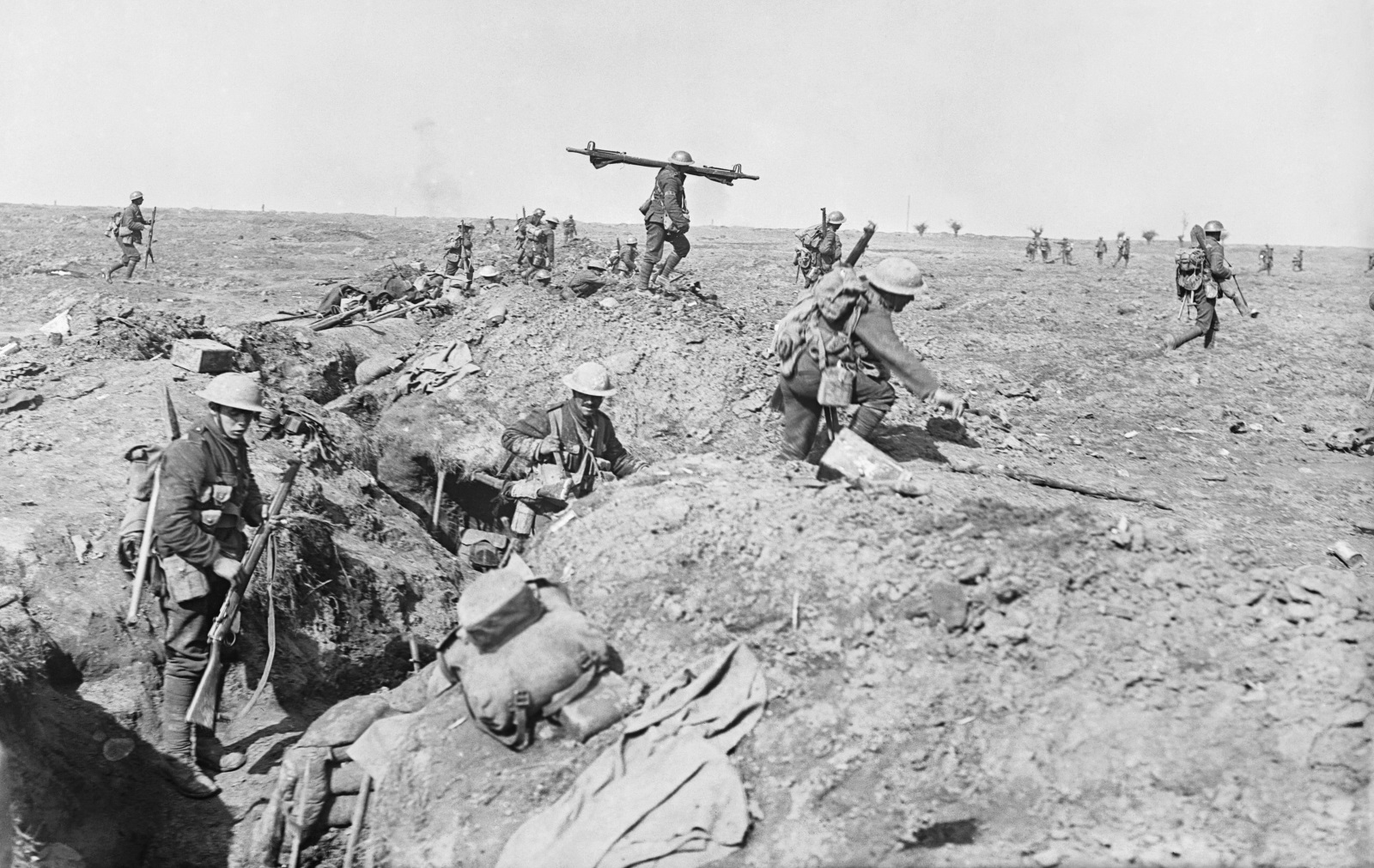





July the 15th 1918 saw the start of the Second Battle of the Marne. This battle is known as the “start of the end” of the First World War. The Allies had by now learned the weaknesses of the German army which by now were covering too much ground and outrunning their supply lines. The Allies would allow German attacks to happen, and when the Germans had outrun their supplies, they fought back
The Kingstown (Dun Laoghaire) Mailboat was a lifeline between Dublin and the rest of the United Kingdom. As well as postal cargo, it carried civilians, much as car ferries do today. On the fateful morning of the 10th of October 1918, at 9 a.m., the R.M.S. Leinster set sail as usual with a full crew, postal workers, civilian passengers and 300 British Army troops returning from home leave across the Irish Sea. 700 people were aboard in total.
Unknown to passengers, U Boat UB123 was lying in wait, ready to ambush. While the ship was passing 7 miles E.S.E. of Kish Light vessel, the captain of the German submarine ordered a torpedo to be fired at the Leinster. Having missed the vessel, another was fired. This struck the Leinster and prompted the captain to turn back towards Kingstown. Another torpedo was launched from UB123, this time with catastrophic results. Within eight minutes the Leinster sank and 501 people lost their lives. This was the highest-ever loss of life in the Irish Sea.
Reaction to the sinking was swift. American president Woodrow Wilson, on hearing of the sinking, was furious:
“At the very time that the German government approaches the government of the United States with proposals of peace, its submarines are engaged in sinking passenger ships at sea”
UB123 was herself shortly to become a casualty of war; On 18 October 1918, while returning to Germany, she struck a mine in the North Sea. The captain, Robert Ramm and all hands were lost.
After the sinking of the Leinster, Reinhard Scheer, Admiral of the German High Seas Fleet, issued a communication stopping Germany's policy of unrestricted submarine warfare which classed passenger-carrying vessels as legitimate targets.
"To all U-boats: Commence return from patrol at once. Because of ongoing negotiations any hostile actions against merchant vessels prohibited. Returning U- boats are allowed to attack warships only in daylight. End of message. Admiral"
One of the Leinster's anchors was recovered and now lies at the side of Dun Laoghaire harbour near the Victoria monument, as a memorial to the dead. It was dedicated as a memorial on the 28th of January 1996.
